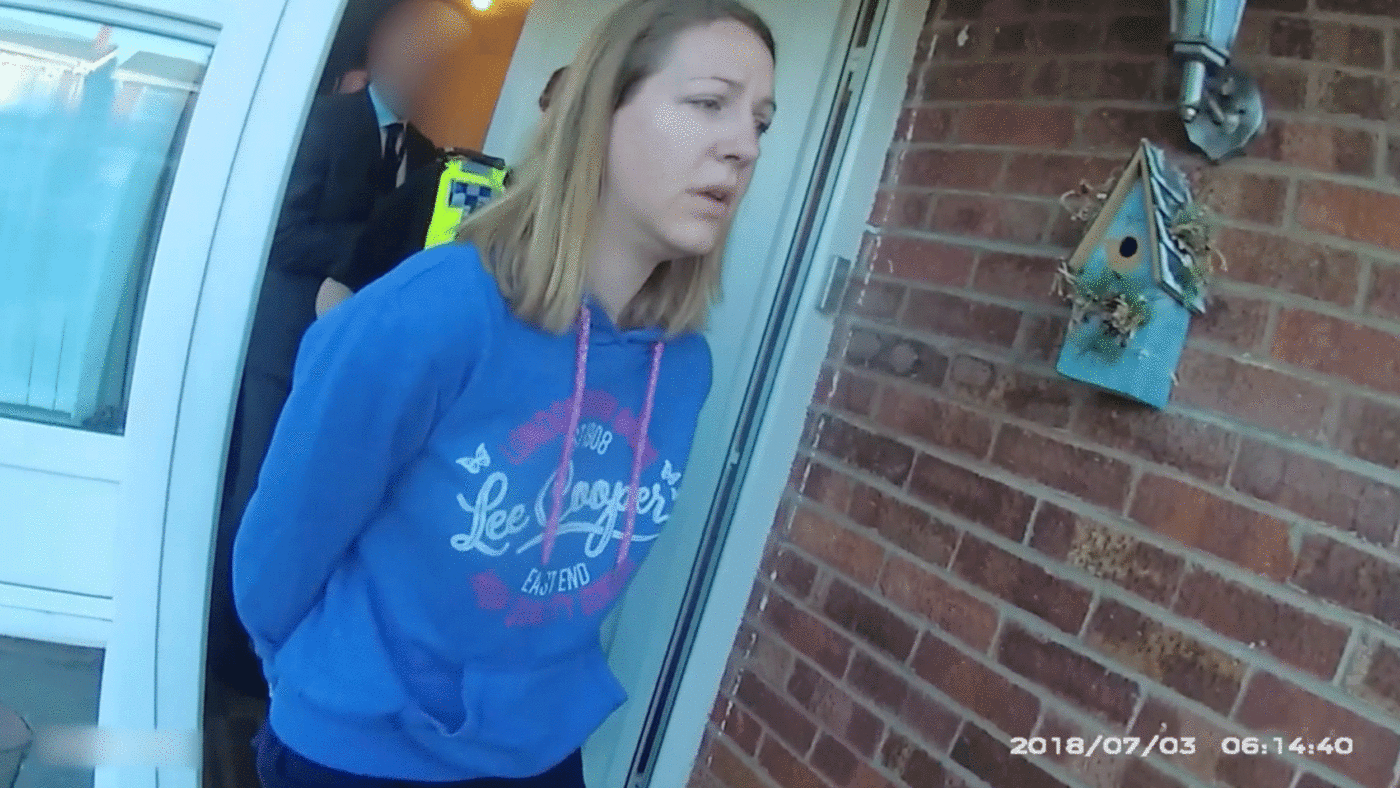There could hardly be a more grotesque moral inversion. Lucy Letby was a nurse entrusted with caring for sick babies – instead she killed them. As Pascale Jones of the Crown Prosecution Service said upon her being found guilty of the murder of seven babies and the attempted murder of a further six, ‘She perverted her learning and weaponised her craft to inflict harm, grief and death. Time and again, she harmed babies, in an environment which should have been safe for them and their families’.
It would be wrong to extrapolate too much from such a uniquely evil series of crimes – but given the Government has announced an independent inquiry into the events at the Countess of Chester hospital, it is clear that questions need to be asked about how she was allowed to continue working at the neonatal unit, even after concerns were raised by senior doctors about her connection with the unusually high number of infant deaths. One consultant has told The Guardian that executives at the trust took three months to grant a request for an urgent meeting following the suspicious deaths of five babies at which Letby had been the only nurse present.
They then dismissed his concerns as a case of ‘doctors picking on a nurse’ and demanded he write her a letter of apology. He says at least two babies’ lives could have been saved if the hospital had acted sooner. The impression his account gives is that bosses saw these deaths as an HR issue to be managed, rather than multiple serious patient safety violations to be investigated.
Chillingly, stories of cover-ups and closing ranks are all too common in the NHS, not least in maternity services. The Ockenden report into Shrewsbury and Telford Hospital NHS Trust found that poor care led to the deaths of 201 babies and nine mothers. Meanwhile, an ongoing inquiry into baby deaths at Nottingham University Hospital NHS Trust is examining 1,700 cases and police are involved.
In his memoir of his time as the country’s longest-serving Health Secretary, Jeremy Hunt writes that there is an ‘omerta’ in healthcare discourse around the fact that there are 150 entirely preventable deaths in hospital every week. He says that a culture of secrecy and blame is a major cause, and that addressing this is, ‘the most important change of all, without which improvements only have limited impact at best’. He points to nuclear and airlines as examples of industries that have made huge advances in safety through greater transparency and an insistence on learning from mistakes.
This must be borne in mind amid calls for more resources – unless the corrosive culture within the NHS is addressed, we will simply be pouring ever more taxpayers’ money into a system with standards that would be completely unacceptable in the private sector. Better workplace culture is also vital to tackling the staff shortages that make terrible mistakes so much more likely.
But we shouldn’t kid ourselves – ‘cultural change’ is hard. While there have been improvements in transparency with the introduction of CQC ratings, it’s worth remembering that Hunt became Health Secretary in the wake of Mid Staffs, and that depressingly little progress has been made.
What strikes you when reading about any number of NHS scandals since then isn’t so much the systemic failures, it’s the instances of individual cruelty to patients. Bereaved parents repeatedly told the Ockenden report about a lack of compassion from staff and some even said they were told they were responsible for their own child’s death.
All of this amounts to a sense that the health services continually privileges the institution over the needs of patients at the most vulnerable times of their lives. When you consider how utterly inhumane that is, it becomes easier to understand how the NHS could contain a monster like Letby.
Click here to subscribe to our daily briefing – the best pieces from CapX and across the web.
CapX depends on the generosity of its readers. If you value what we do, please consider making a donation.


